Luxembourg Citizenship Eligibility Is Changing on December 31, 2025. Take Action Now
Researched and Written by: Daniel Atz
With Assistance by: Verônica Bochi & Lauren Lowell
Design: Lauren Lowell
Brazilians make up just over 19 percent of all applicants recovering Luxembourg dual citizenship through an ancestor alive on January 1, 1900 (Article 89). This study aims to give you a bird’s eye view of who these Brazilian-Luxembourgers are, their motivations, and what they can contribute to Luxembourgish society.
Note: This study dates from 2021. To view the latest version, please visit our Case Studies page.
To turn on the subtitles, please press the play button, followed by the CC icon. To change languages, click the gear icon and “Subtitles/CC”.
By the end of 2022, the new Brazilian-Luxembourgish dual citizens will make up equivalent to 2% of the population of Luxembourg. And this figure only counts applicants under Article 89 of the Luxembourg Nationality Law.
We believe it more important than ever to understand who is this dual citizens population. According to our initial research, 91.2% of applicants want to move to Europe.
This is draft research based on our first 70 surveyed dual citizens. We are currently collecting further responses to complete our study.
In 2008, the new Luxembourg Nationality Act introduced the possibility of dual citizenship (or nationality) in Luxembourg. Since then, it is expected that around 15,000 Brazilians have begun the process of applying for Luxembourg dual citizenship through ancestral descent.
When considered as a part of the population of Luxembourg, these new (and soon-to-be) nationals make up more eligible voters than the Esch-sur-Alzette, Luxembourg’s second most populous commune.

If the estimated number of Brazilian dual citizenship applicants is combined with that of the United States, this new population becomes equivalent to 3% of Luxembourg’s population, or 8% of eligible voters.
With this population change happening in such a short period of time, learning about this new demographic of Brazilian-Luxembourgers is more important than ever before. Read on to learn more about who are the Brazilian-Luxembourgers.
Article 89 of the Luxembourg Nationality Act enabled people with a Luxembourgish ancestor alive on January 1st, 1900 to reclaim Luxembourg citizenship. This initial report from our survey is based on 73 Brazilian-Luxembourgers.
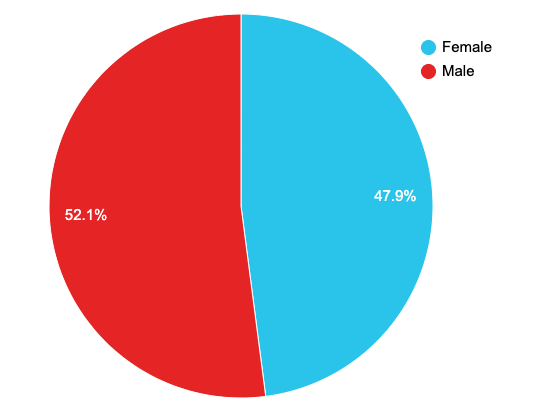
While the average number of generations removed by our Brazilian participants closely mirrors our American Luxembourgers study, Brazilian Luxembourgers were over 2x more likely to have a Luxembourg ancestor from 6 generations back.
Gabriel is 4 generations removed from his Luxembourgish ancestor and recently moved to the Grand Duchy. Hear what he has to say about his experience.
The majority of applicants are four to five generations removed from their Luxembourg ancestors. The largest concentration of applicants were born and raised in the Brazilian state of Santa Catarina, which was the Brazilian homeland of the majority of their ancestors.
Around 2/3s of the people surveyed live today in the Brazilian State they were born in. This is the exact opposite of the American dual citizens, where 2/3s do not live in the same state they were born in.
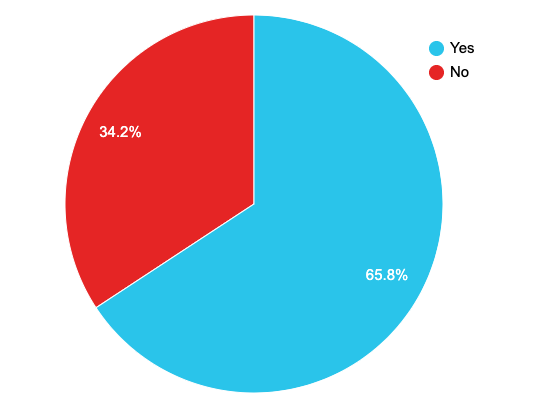
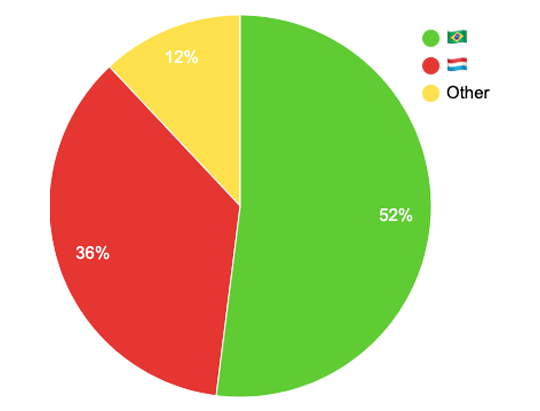
According to other parts of our research yet to be published, family is one of Brazilian’s primary motivations for applying for Luxembourg citizenship. 71% of applicants are married, with the majority of applications being family affairs.
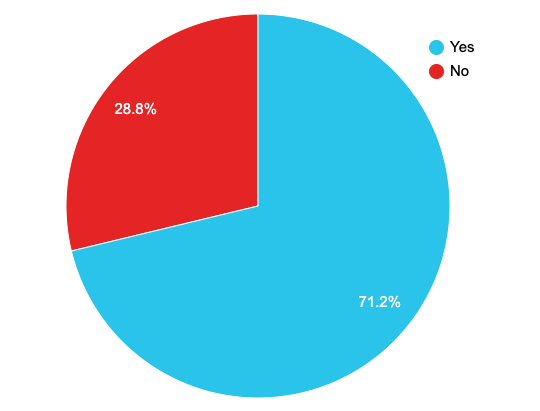
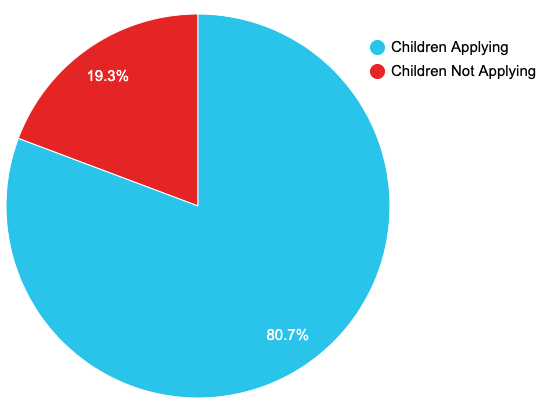
46% of our Brazilian respondents reported speaking at least one foreign language fluently. This is a stark contrast from the participants in our American Luxembourgers Survey, where under 22% reported speaking a second language.
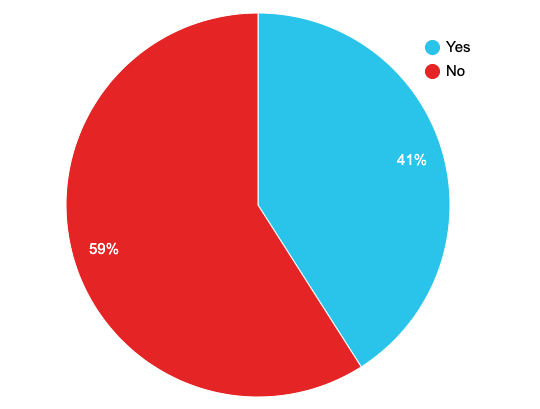
The minimum education level of the participants in this study was a high school degree, and 71.2% indicate they have pursued higher education beyond high school.
In comparison to the participants in our study of American Luxembourgers, over 2x more applicants work in positions related to Government, Administration, and Non-Profits. At the same time, much less of the Brazilian-Luxembourgers report working in health care than their North American cousins.
The “Other” category includes participants whose jobs are in Medical, Arts and Entertainment, and other jobs that did not fit into the categories below.
It seems like the applicants might have many different jobs and titles. But, some titles were repeated a lot. These include analyst, civil servant, and teacher.


Continue on to our Brazilian-Luxembourg Dual Citizens Study to learn more about the (future) dual citizens themselves.